Consider Your Own Calling, 1 Cor. 1: 26-29
In our humbleness and weakness, we are called to bring the leaven of Christ into the world.
Have we truly considered what Jesus means when he says that he is the way, the truth, and the life? Do we really understand that in identifying himself in this way, he is challenging, indeed, contradicting, all of the social, political, economic, self-proclaimed ‘wisdoms’ that the world presents to us as the ‘real’ way, truth and life? In honest self-reflection, given the abundance of evidence of the suffering and injustice that results from the endless clashing of our divisive social, political and economic ideologies (ways and truths), it seems that the answer to the above questions would have to be, no. But it was the same in Jesus’ time.
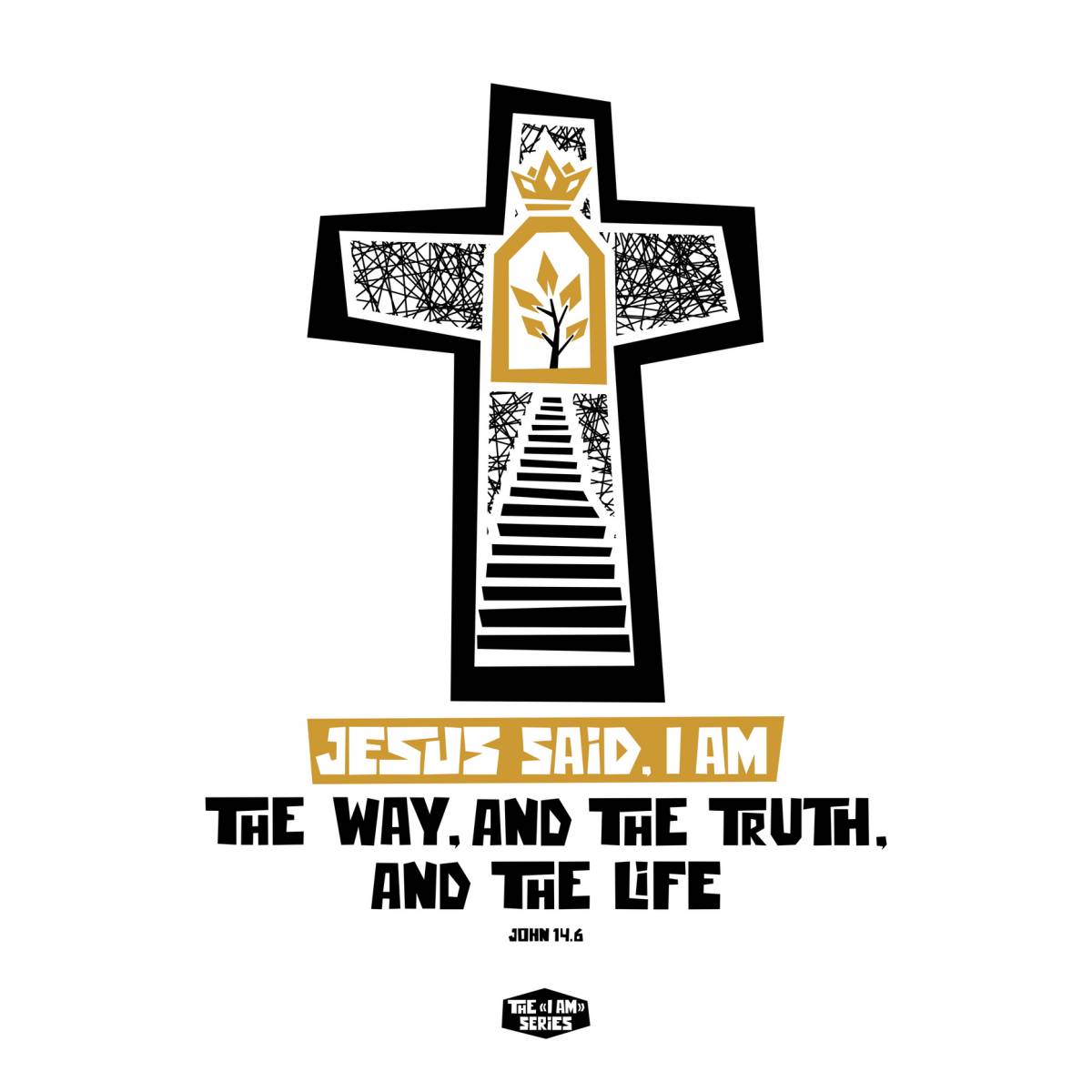
The Apostle Paul understood that Jesus’ way, truth, and life was contradictory to the wisdoms of the world when he wrote to the Corinthian community: “Consider your own calling, brothers and sisters. Not many of you were wise by human standards, not many were powerful, not many were of noble birth. Rather, God chose the foolish of the world to shame the wise, and God chose the weak of the world to shame the strong, and God chose the lowly and despised of the world, those who count for nothing, to reduce to nothing those who are something, so that no human being might boast before God” (1Cor. 1: 26-29).

To put it another way, we, in our humbleness and weakness, are called to bring the leaven of Christ into the world, even if and when it seems like our efforts are considered foolish, or weak by the ‘wise and powerful’ of the world. Yet, this passage and Jesus’ words and actions hold a mirror up to us revealing how often and how easily we give ourselves over to the siren calls of political ideologies and materialism that promise to save us, or to bring us happiness? Worst of all is when we ‘twist or bend’ the Gospel to fit our own personal, worldly ideologies. In doing so, we are actively contradicting Jesus, the Word of God. And that is truly foolish.
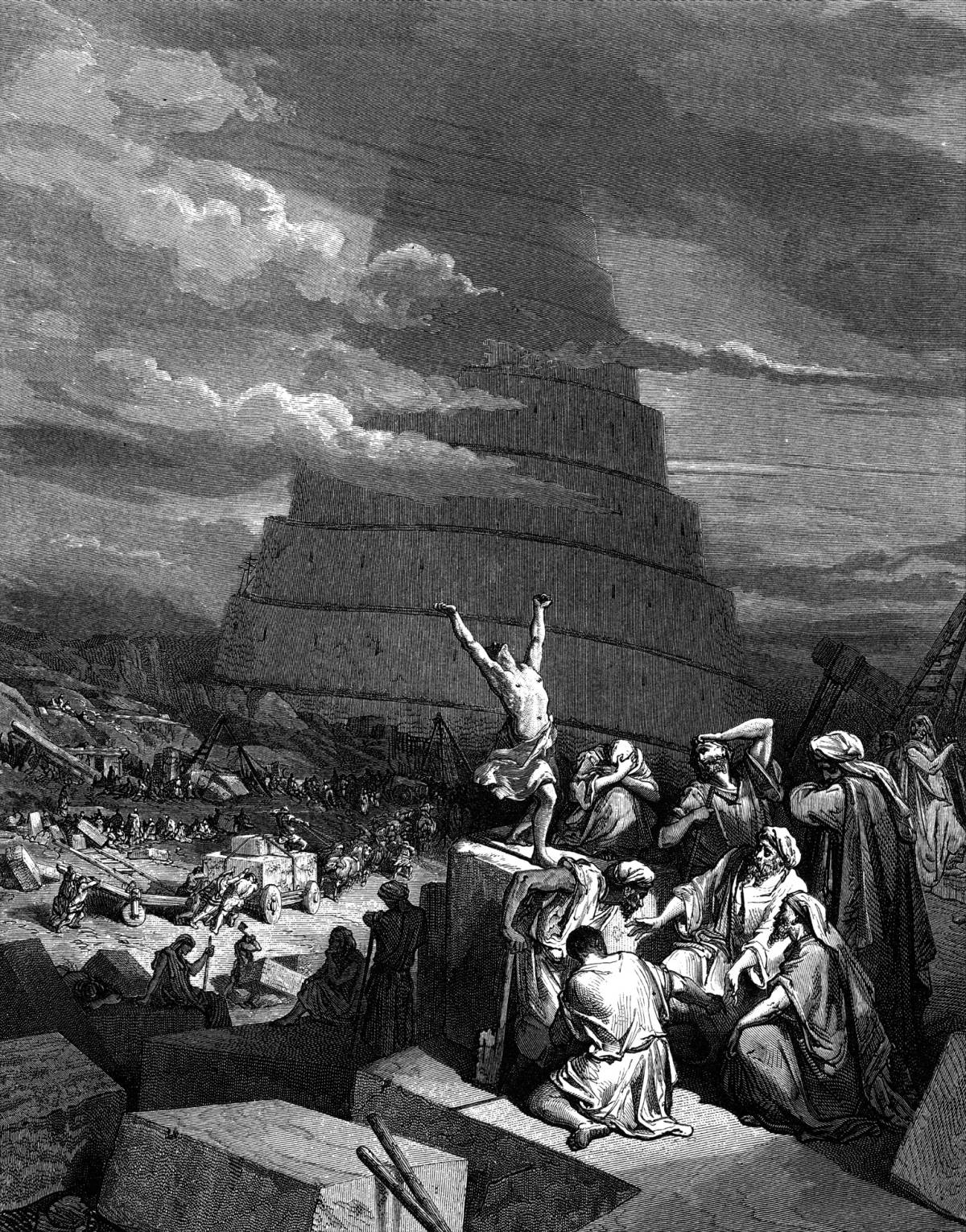
The whole of the scriptures, both Old and New Testaments, reveal what happens to us when we take our eyes off of God and focus rather on the things of the world. In the Old Testament, all of the so-called ‘sin stories’ of Genesis, from Cain killing his brother Abel, to the Flood, to the Tower of Babel, to that of Sodom and Gomorrah, reveal the reality that there are always unwanted consequences when we follow the ways of the world, when we defy or try to manipulate God’s ways to meet our own personal desires.
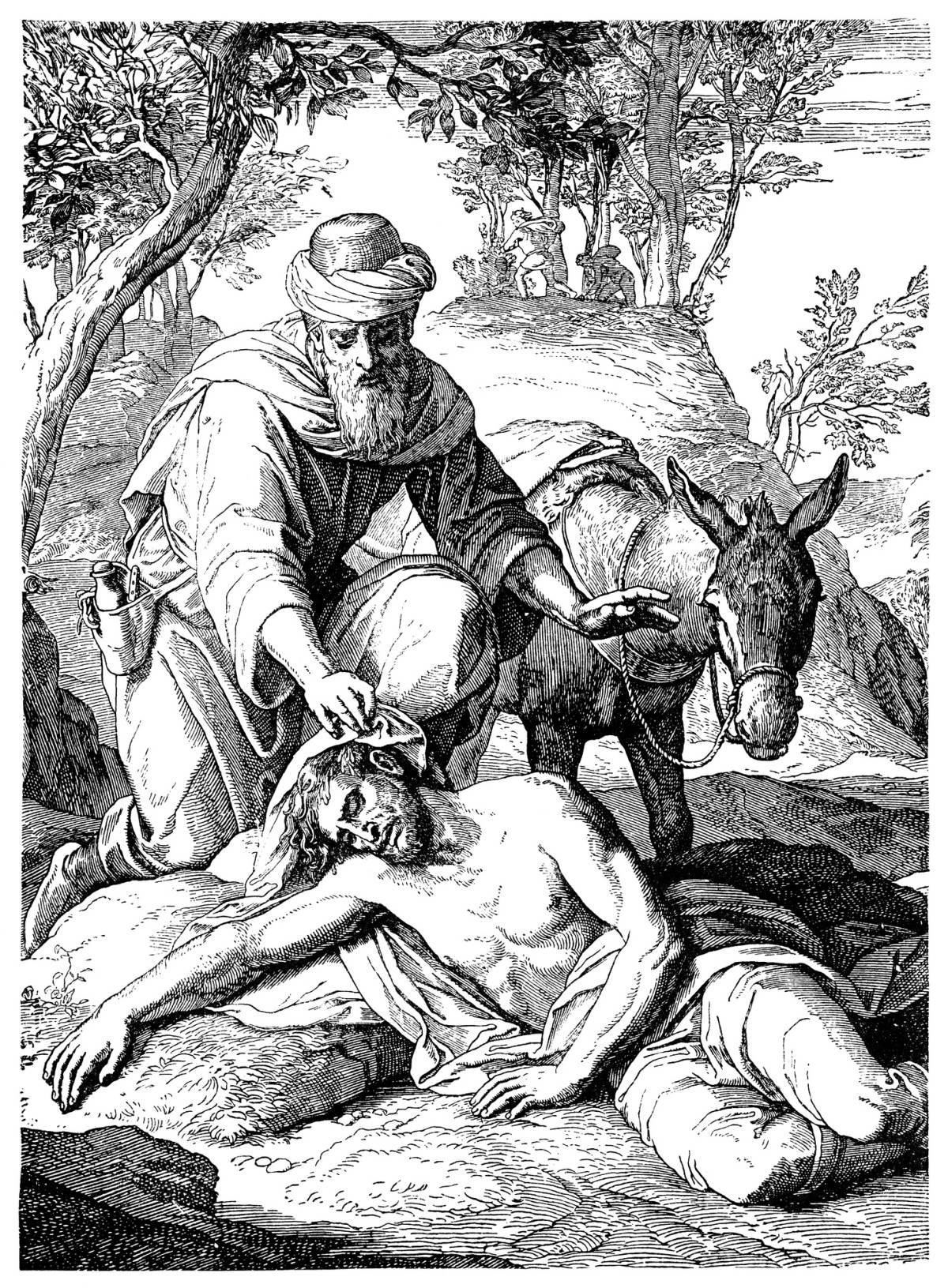
In the New Testament, who can read the Sermon on the Mount, with the Beatitudes and all of its prescriptions for the moral life, without recognizing that they are utter and complete contradictions to the wisdoms of the world? How many of us can read the parable of The Good Samaritan, or that of the Prodigal Son and not feel the burn of guilt at the recognition of our own intolerances and prejudices, or our own prodigal ways that lead us to misery rather than joy? But how many of us take those words, those parables, those commandments, as mere ‘suggestions’? If we are honest with ourselves (myself), we would have to agree that we find Jesus’ way, truth, and life easier said than done, and use that as an excuse for our failures, large and small, to live by them more regularly. Many of those who consider themselves to be wise in the ways of the world consider these words and stories spoken and told by Jesus to be nothing more than quaint, antiquated proverbs, that don’t fit with the ‘reality’ of the world.
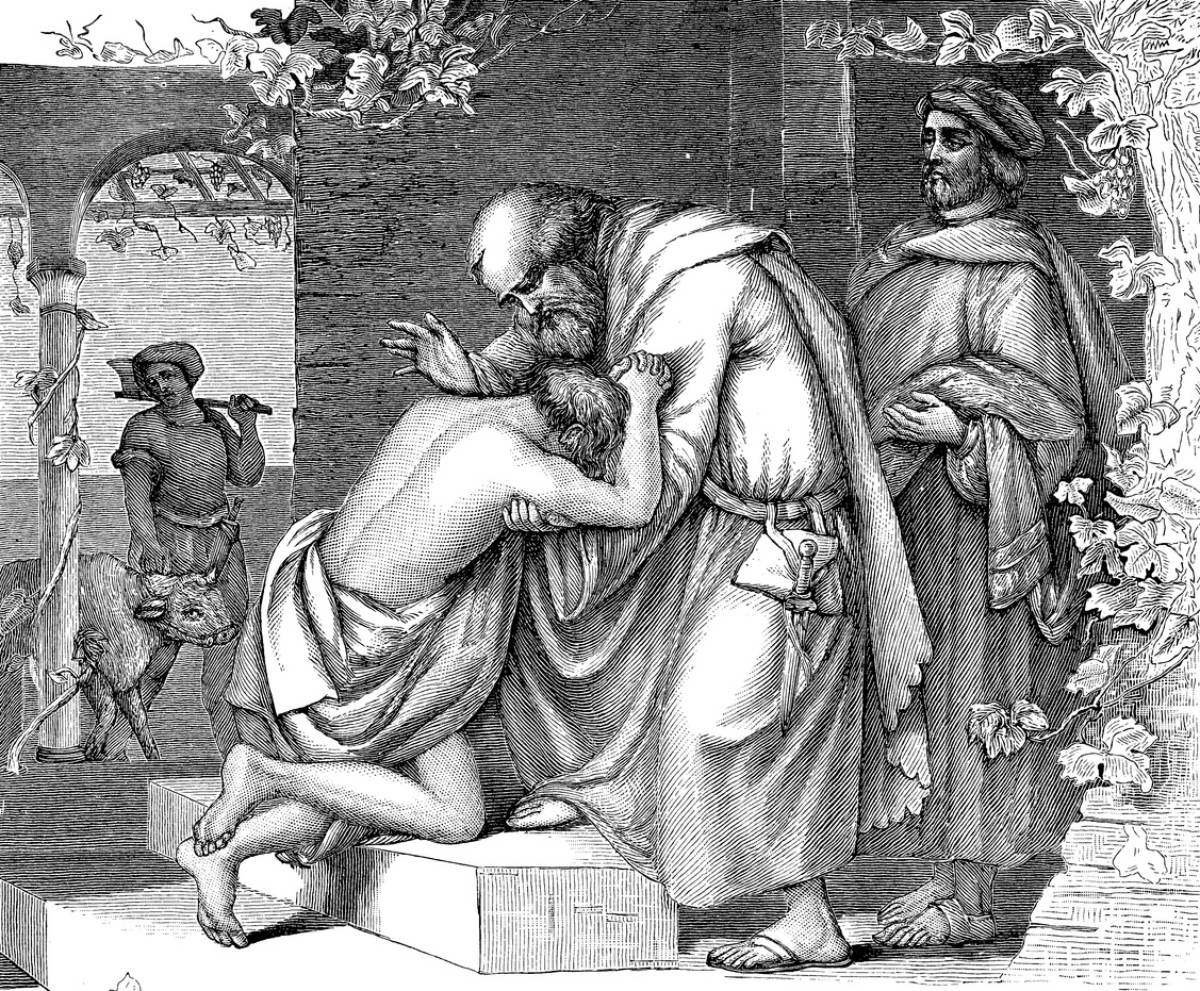
Yet, this is exactly what Jesus calls us to be and to do in the world. His way is the way of the Beatitudes and that of the Good Samaritan. His truth is that we are like the Prodigal Son. In our efforts to deny or to rebel from our relationship to the Father, claiming to ourselves what is not ours, we, and no one else, become the cause of our own suffering and that of others. It is in the recognition that I have sinned, either in my chosen actions, or my conscious inactions, and my deepest desire to repent for those sins, that brings God’s forgiveness, and my joy at being welcomed back into that familial relationship with God. That, alone, is the source of lasting, true happiness. Yet, this is what the world calls foolish, weak, and nothing.
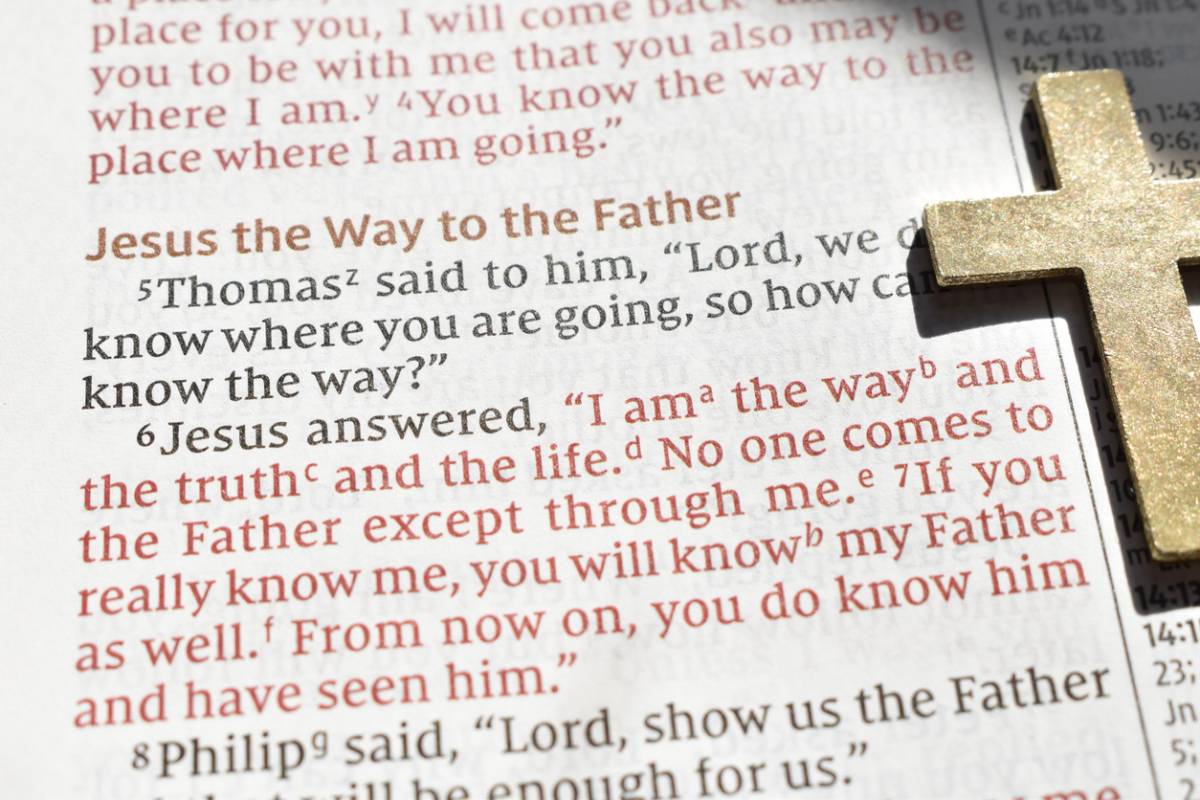
During this Advent time leading up to our annual celebration of the birth of Jesus into the world, let us reflect again and again on who Jesus is and on what his coming into the world means, to and for the world and ourselves. Let us pray morning and evening during this time. Let us pray for the faith, the hope, the love, and the humility to see his wisdom for us and the world, that it truly is greater than that of the world. And let us pray for the courage of faith in Jesus to live more and more in accord with his way, truth, and life in the world of our daily lives, no matter the cost to ourselves. Amen
SKM: below-content placeholderWhizzco for FHB

